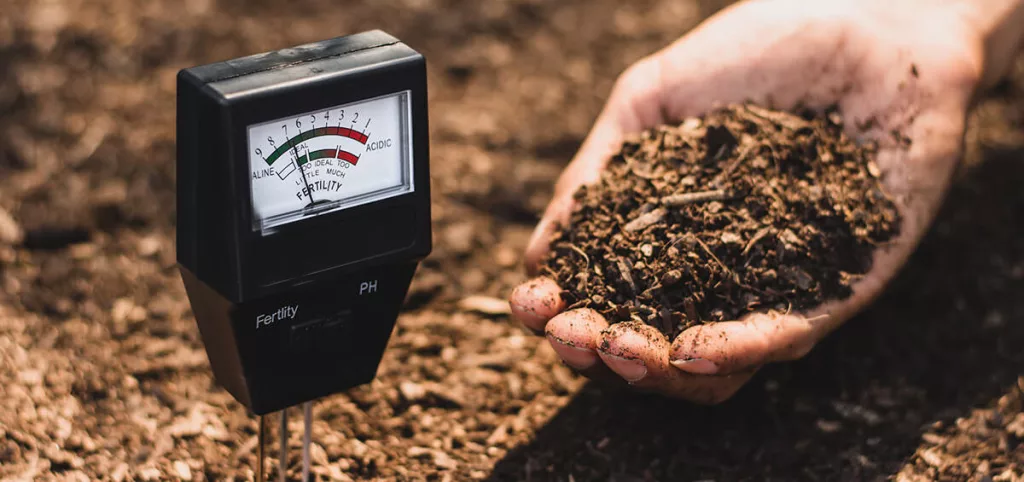In the heart of Southwest, Nigeria lies Ibadan, a bustling city with a rich agricultural heritage. However, beneath the verdant fields lies a silent threat – soil contamination. A recent geostatistical assessment of soils in Ibadan, spearheaded by Akinola et al (2023), sheds light on the magnitude of this issue, particularly concerning agricultural lands. While the study’s findings may seem daunting, they also serve as a wake-up call for policymakers, agricultural stakeholders, and environmental authorities to take decisive action.
The study shows that there is an intriguing heterogeneous nature of soil contamination across Ibadan’s agricultural landscape. Areas once teeming with fertility now harbour elevated levels of potentially toxic elements (PTEs), posing risks to both crop productivity and human health. This spatial variability underscores the need for targeted interventions tailored to specific hot-spots, rather than blanket approaches. Moreover, the study underscores the importance of adopting advanced geostatistical techniques, such as empirical orthogonal function (EOF) analysis, in soil assessment and remediation efforts. By unravelling complex spatial patterns and identifying sources of contamination, these methodologies offer valuable insights for sustainable land management practices.
From precision agriculture to targeted remediation strategies, geostatistics empower stakeholders with the tools needed to navigate the intricate nexus of agriculture and environmental stewardship. As we address the challenges posed by soil contamination in Ibadan, collaboration emerges as a cornerstone of effective mitigation strategies. By fostering partnerships between academia, government agencies, non-governmental organisations and local communities, we can leverage collective expertise and resources to tackle this pressing issue head-on. Through interdisciplinary collaboration and knowledge exchange, we can forge a path towards a more resilient and sustainable agricultural future for Ibadan and beyond.
Conclusively, the geostatistical assessment of soils in Ibadan serves as a clarion call for action. It is not merely a scientific endeavour confined to the pages of academic journals; rather, it is a rallying cry for concerted efforts to safeguard our agricultural lands and ensure the well-being of future generations. By harnessing the power of geostatistics and fostering collaborative partnerships, we can chart a course towards a more prosperous and sustainable agricultural landscape in Ibadan, Southwest, Nigeria.


